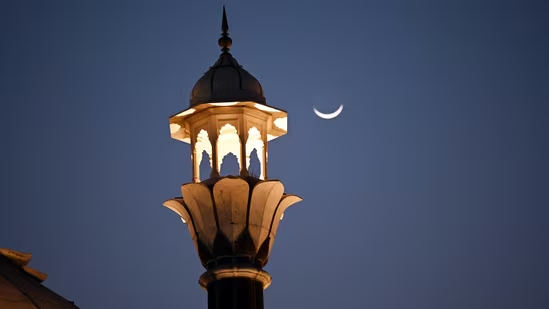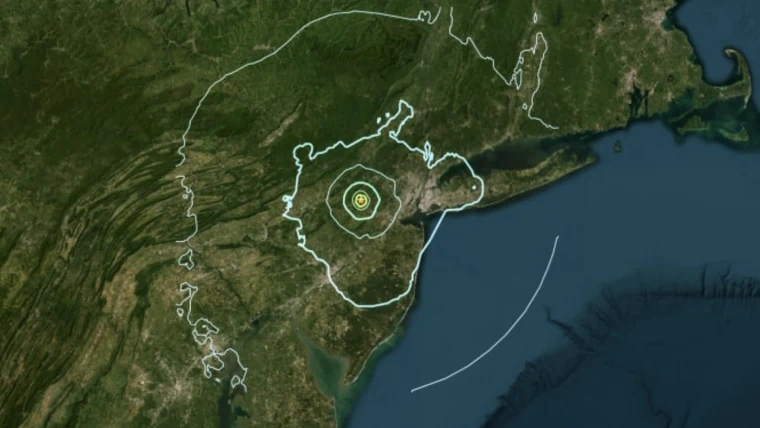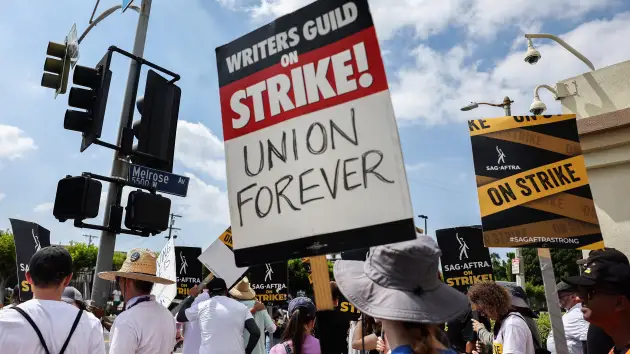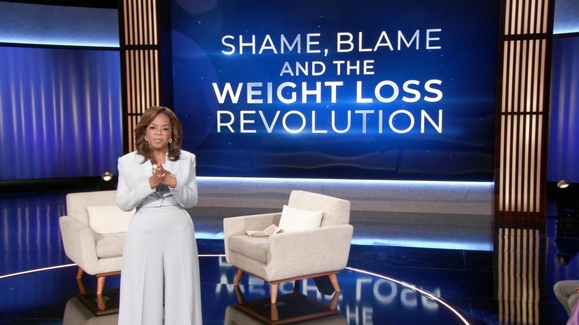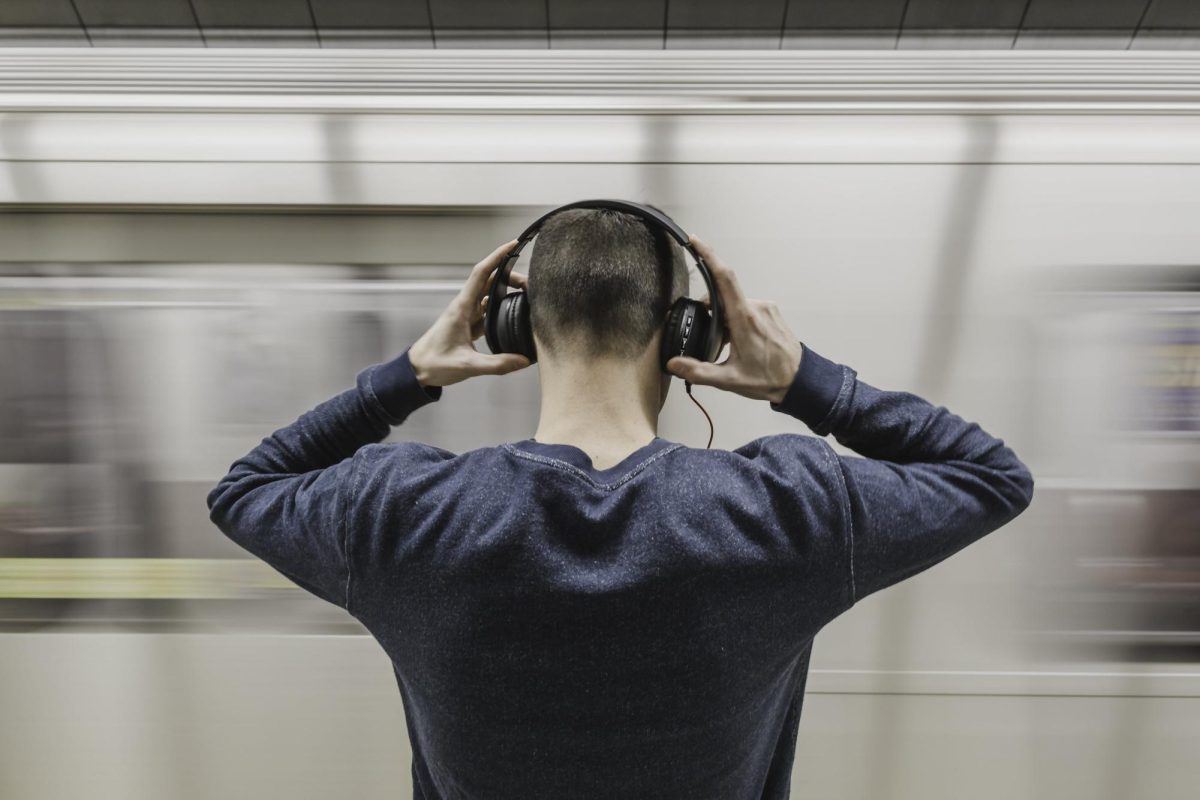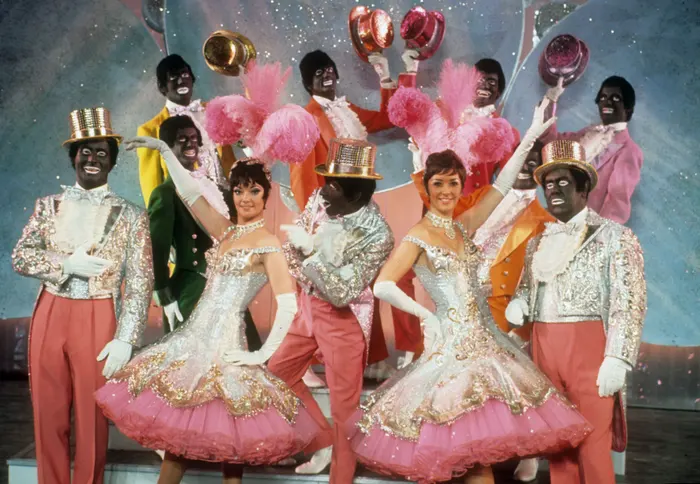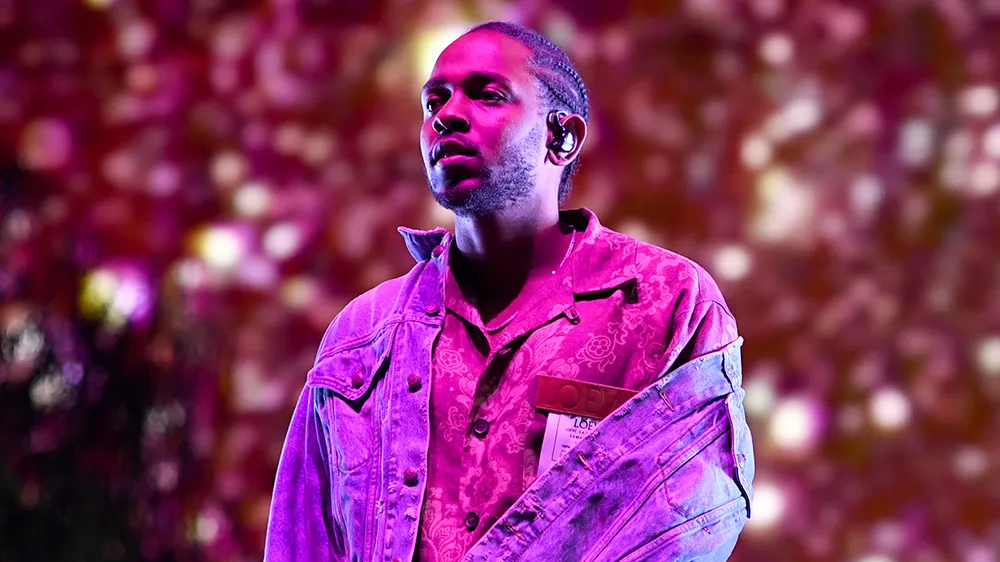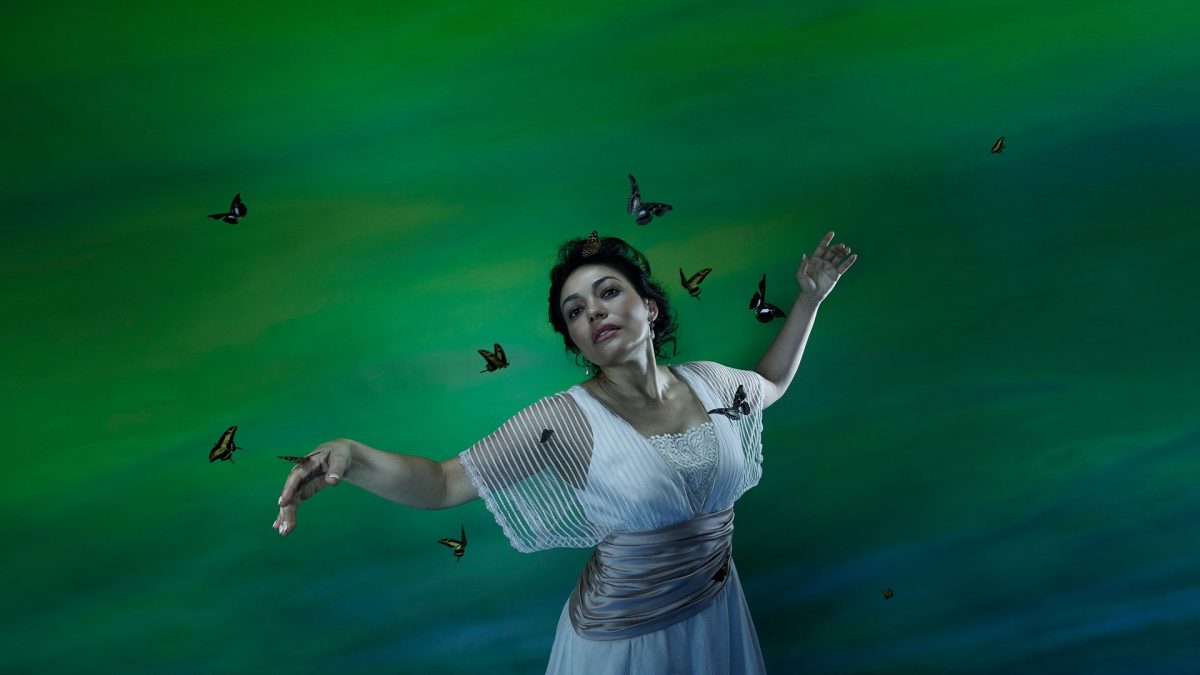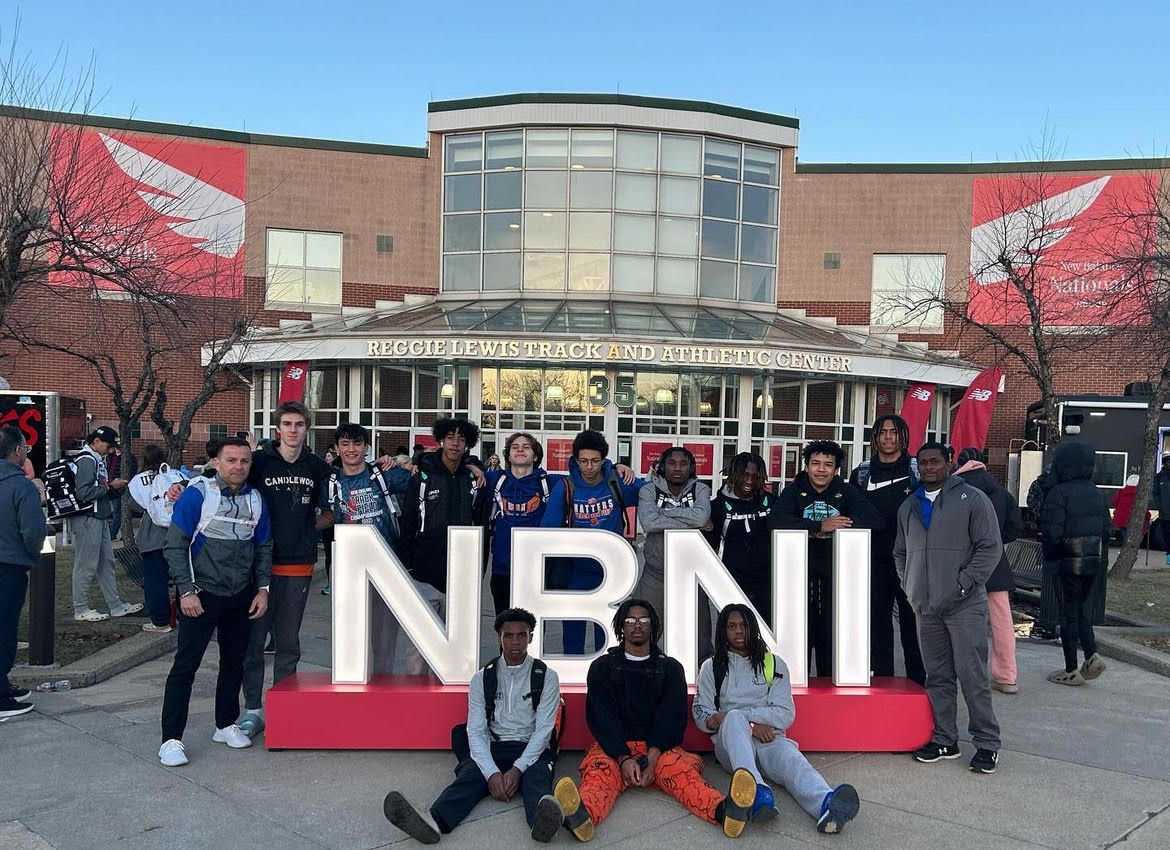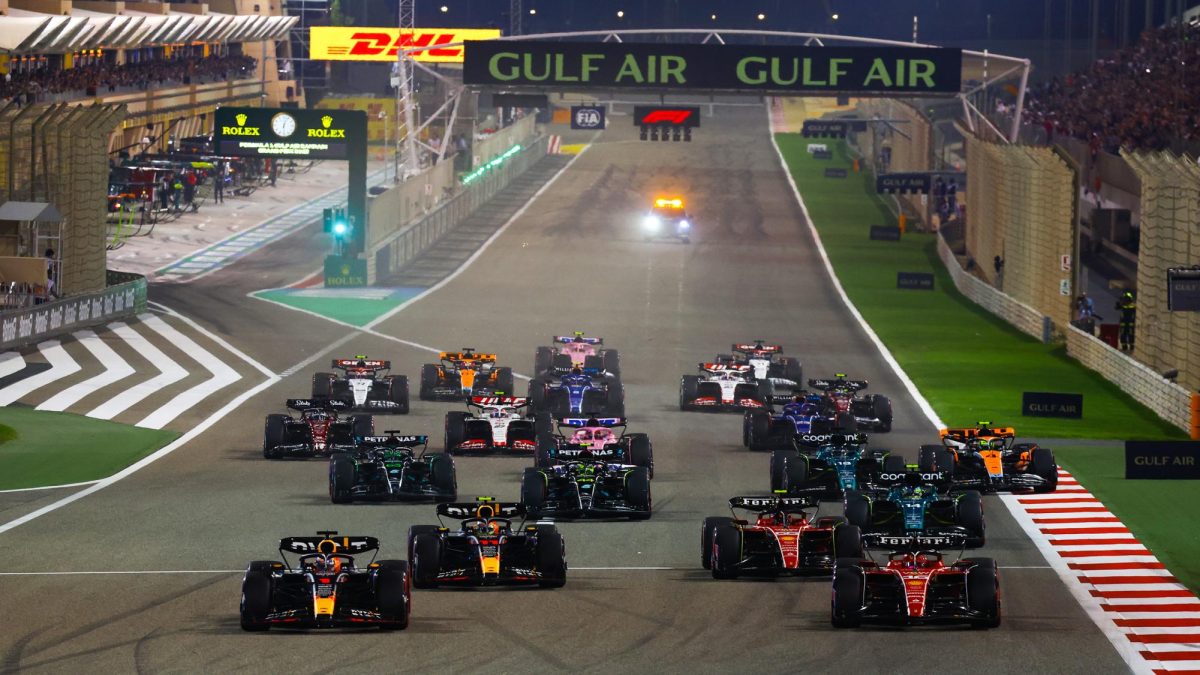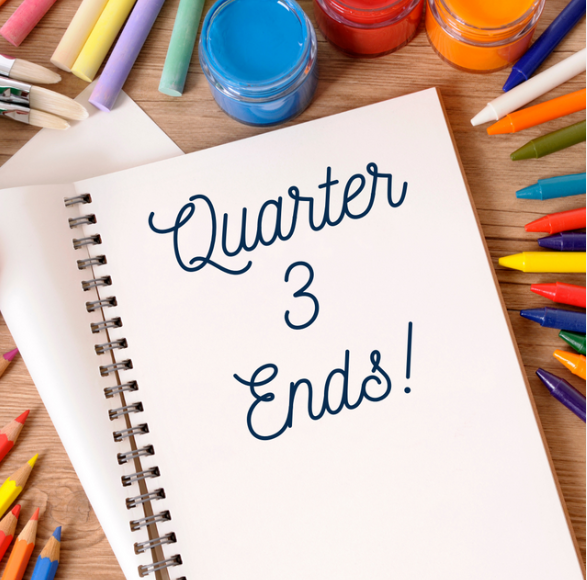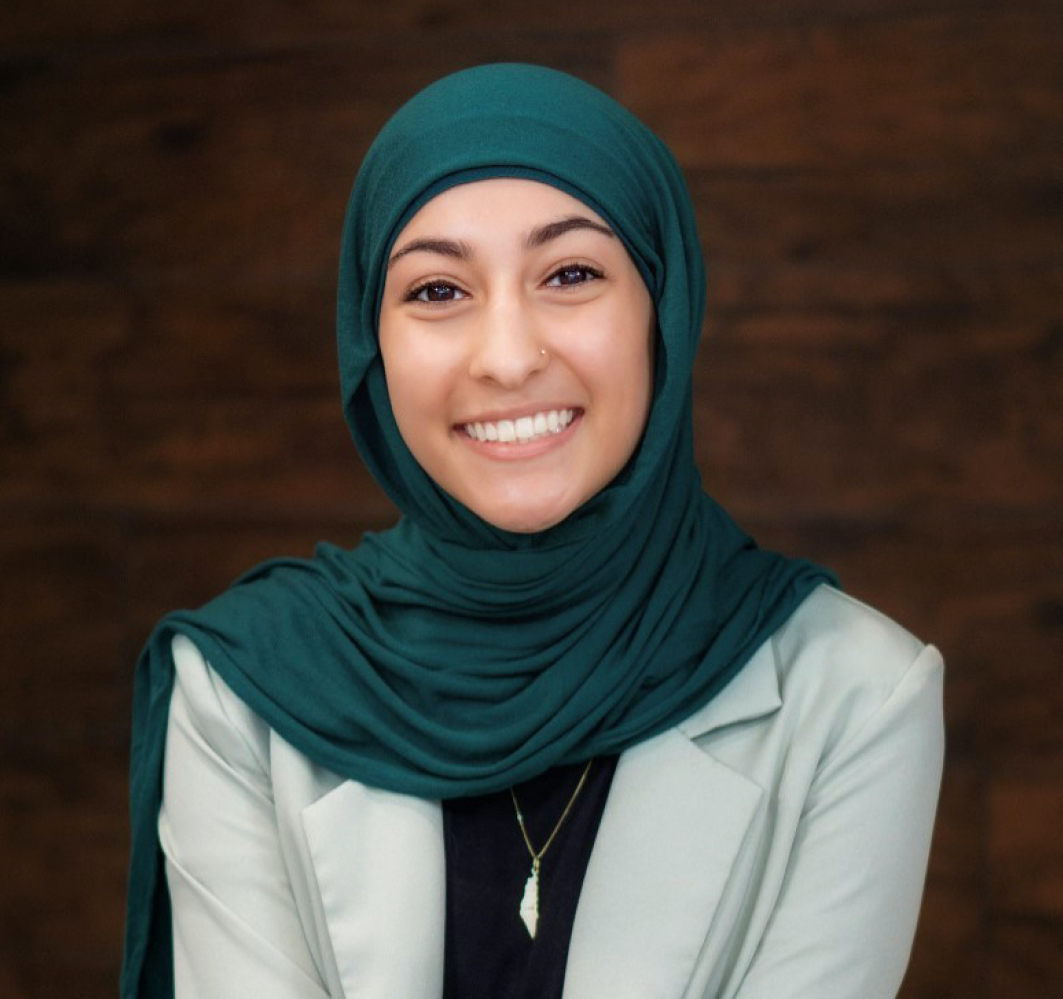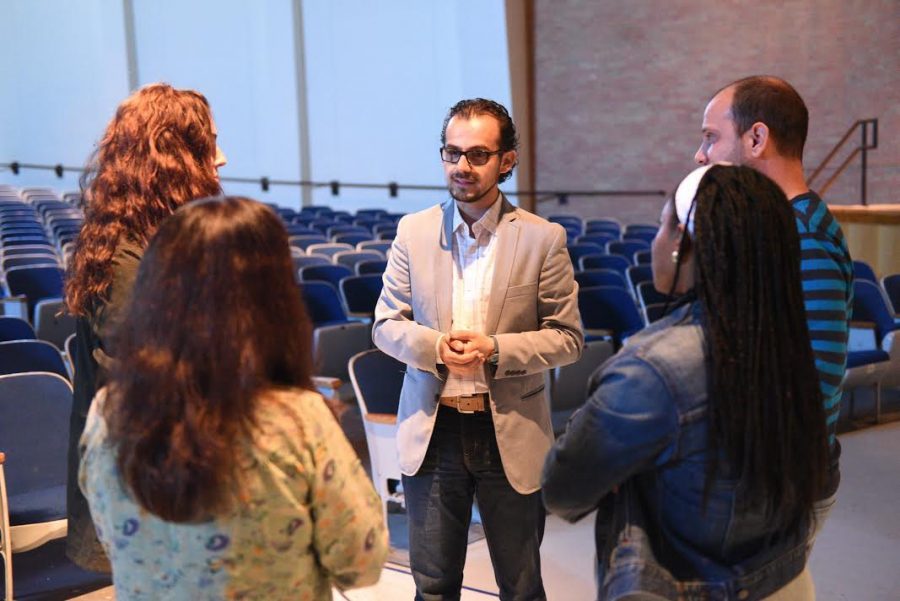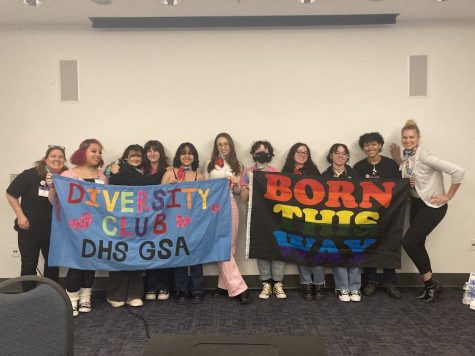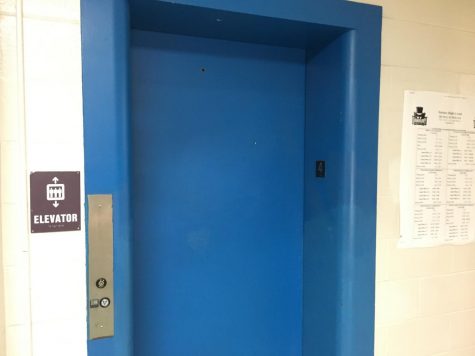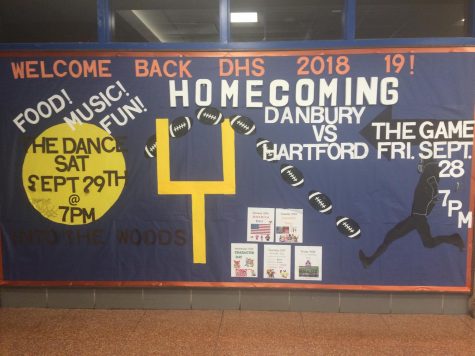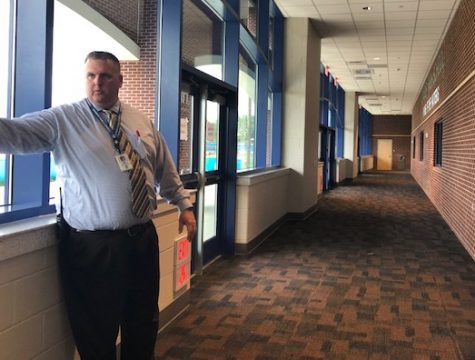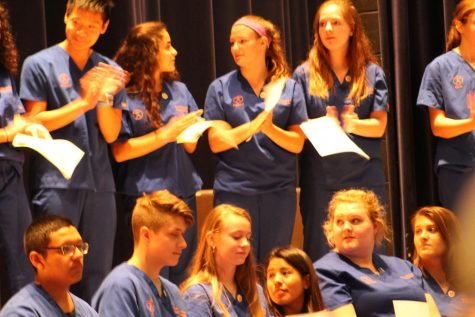Syrian artist’s works, words touch faculty
Syrian artist Mohamad Hafez speaks with members of the Social Studies Department during a presentation of his work at a recent professional development day event sponsored by the Art Department
October 22, 2016
Danbury High School proudly hosted Syrian artist and architect, Mohamad Hafez, on Friday, October 7th.
The assembly was aimed for the Art Department faculty during professional development, though other teachers found themselves interested in attending the event, brought about by department head, Michael Obre.
Recently featured in the New York Times, Hafez is passionate about pushing the importance of cultural responsiveness, and its need for being addressed in the classroom.
Hafez was born in Damascus, raised in Saudi Arabia, and educated in the Midwestern United States. His website biography describes his art as:
“Expressing the juxtaposition of East and West within him, Hafez’s art reflects the political turmoil in the Middle East through the compilation of found objects, paint and scrap metal. Using his architectural skills, Hafez creates surrealistic Middle Eastern streetscapes that are architectural in their appearance yet politically charged in their content.”
He offered the faculty the chance to view his works of mixed-media and multi-media sculptures, leaving teachers deeply impressed and inspired by his messages and grand themes.
His latest project, titled, “Unsettled Nostalgia,” is a multi-media installation that integrates post-war realities, miniature elements, pre-war wall murals, and photography focusing on refugee crisis’ and the war as a whole.
Bringing together social studies teacher, Emily Pardalis, and art teacher, Barbara Allen to discuss the presentation was quite interesting. They were clearly touched by his spoken word, and more so excited to share their learning.
When asked how she would expand her gained knowledge from Hafez onto her own students, Pardalis said, “The questions he asked us are pertinent to society currently, and are also soulful and thoughtful questions that every human being should be asking themselves.”
Seeing as Hafez clearly hit an emotional side of Pardalis, she retold his story in her own words:
“Mohammad said that he was the result of a decision he had no control of. His parents decided to birth and raise him Syrian, he did not. He asked the audience to remember that many people are results of decisions they had no control of and should not be blamed for.
“By ‘doing good for the sake of good,’ we can accomplish endless things during the current moral crisis and global conscious crisis.”
Pardalis said Hafez stated that the things that make us beautiful are torn apart by war, “showing us pictures of the juxtaposition of minarets and churches, mosques and Jewish houses existing peacefully and beautifully within the same society, and now both rubble brought to the ground by bombings.”
This made her and others, of course, feel empathy for those they had potentially not thought about in the same way before.
Listening to her words, Allen couldn’t do anything more than agree with Pardalis, and how it affected her. “Nothing else other than that needs to be said, he was outstanding and inspiring, that is all.”
Hafez’s work is articulate and advanced. For anyone that didn’t attend and is curious about his pieces, his website, http://www.mohamadhafez.com/, does an excellent job at portraying his work.
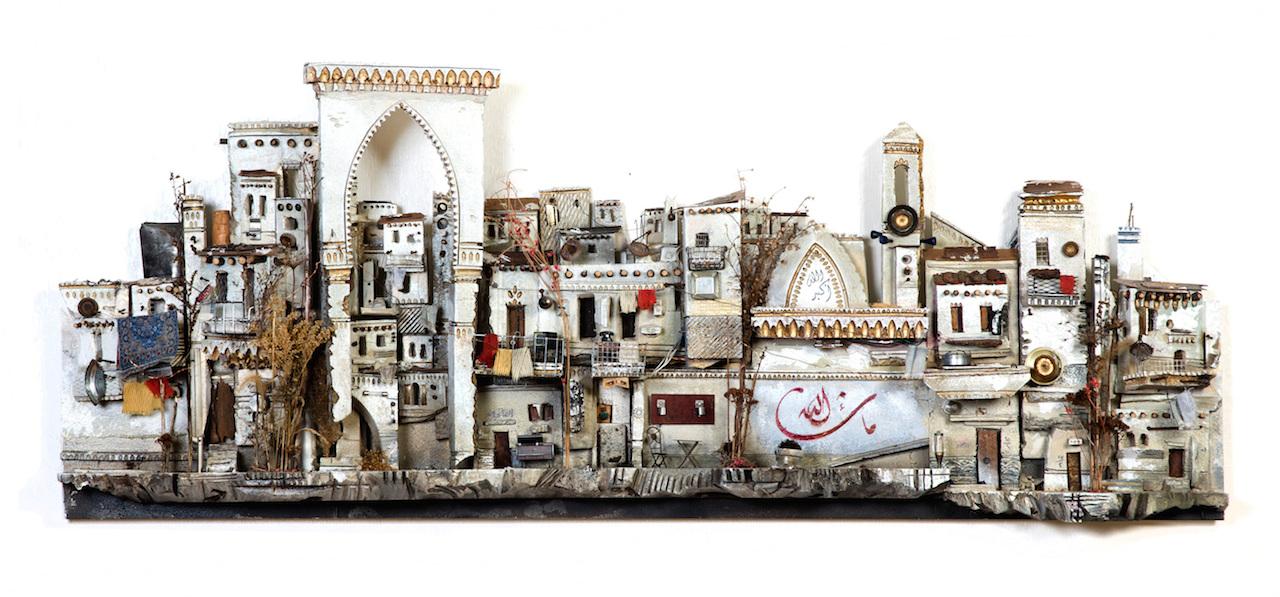
Unsettled Nostalgia, a work by Syrian artist Mohamad Hafez, as displayed on his website, http://www.mohamadhafez.com/

